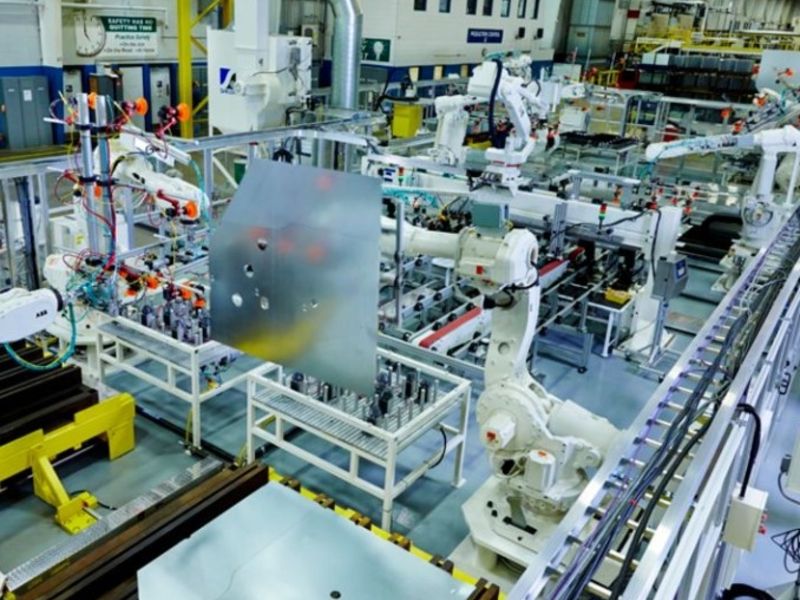
Shiloh Industries Inc. has filed for Chapter 11 bankruptcy and will be part of a stalking horse agreement auction and sale process.
Shiloh, primarily a supplier of lightweighting, noise and vibration products, has entered into a stock-and-asset purchase agreement with Grouper Holdings, a subsidiary of private equity firm MiddleGround Capital, the supplier said Sunday in a statement.
A stalking horse agreement sets the minimum acceptable bid for a sale of a bankrupt company and is arranged in advance of an auction in an attempt to maximize the value of its assets.
Through the agreement, Grouper is acquiring all of Shiloh’s assets. This includes the equity interests of Shiloh’s direct and indirect subsidiaries for a total consideration of $218 million in cash.
The Ohio-based supplier has also received a commitment of $123.5 million in debtor-in-possession financing from existing lenders, consisting of $23.5 million new money subfacility and a roll-up of $100 million of commitments under the company’s existing revolving credit facility, Shiloh said in a statement.
“Upon court approval, this new financing, combined with cash generated from the company’s ongoing operations, is expected to be used to support the business throughout the sale process as Shiloh continues to take steps to address the ongoing challenges related to OEM production shutdowns due to COVID-19 that have affected the automotive sector in recent months,” Shiloh said in the statement.
MiddleGround will serve as the “stalking horse bidder” in the auction and sale process.
“The decision to enter this agreement with MiddleGround follows a thorough review of the options available to us, and we believe this transaction is the best path forward for Shiloh and all of our stakeholders,” Cloyd Abruzzo, Shiloh’s interim CEO, said in the statement.
Shiloh’s operations in Asia, Europe and Mexico are included in the MiddleGround agreement but are not part of the Chapter 11 restructuring and are expected to operate as normal.
Shiloh works with most of the world’s largest automakers and General Motors was its largest customer in the 2019 fiscal year, accounting for 17.4 percent of its revenue, according to the company’s annual report. Fiat Chrysler Automobiles generated another 17 percent of its business last year.
Shares in publicly traded Shiloh plummeted 63 percent to 40 cents in early trading Monday. The shares have fallen steadily this year after trading in the $4-to-$6 range for most of 2019.
Shiloh posted a $58.7 million net loss for second quarter this year, compared with $1.1 million of net income in the same period last year.
The company’s bankruptcy filing could be one of the first in many chips to fall during COVID-19.
The crisis has taken its toll on global automotive suppliers, leaving them strapped for cash and struggling under lost revenue and unexpected expenses.
Still, many of the challenges facing parts makers preceded the virus. Supplier Dura Automotive Systems, for instance, filed for Chapter 11 bankruptcy last October, before the pandemic reared its head.
Shiloh, based in the Cleveland suburbs, ranks No. 100 on Automotive News‘ list of the top 100 global parts suppliers, with worldwide sales to automakers of $1.05 billion in 2019.